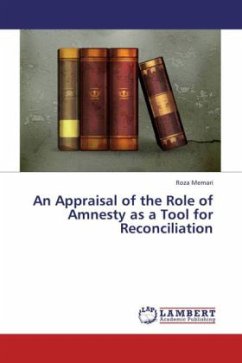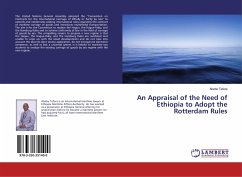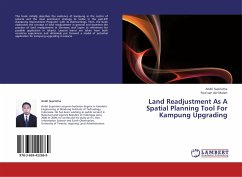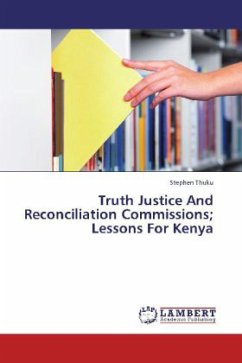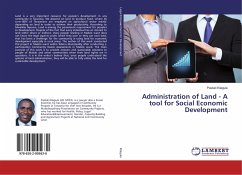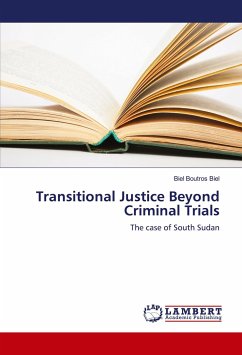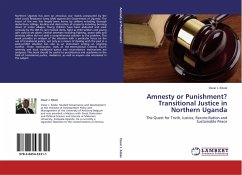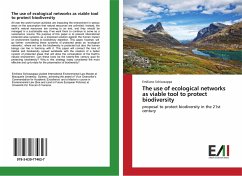For many centuries amnesties have been used as a tool to quell disputes and bring peace and reconciliation to the societies.After enacting such amnesty laws specially in societies after transition, various debates were formed to challenge the legality or illegality of these amnesty laws based on constitutional and international law. Taking a step to this rude road, many scholars recognized the use of amnesty for dealing with past atrocities. In this study amnesties are regarded as positive leverage to end conflicts and develop human rights when the combination of mechanisms including amnesty, trials, and truth and reconciliation commissions are served to achieve the desired objectives of transitional justice.

